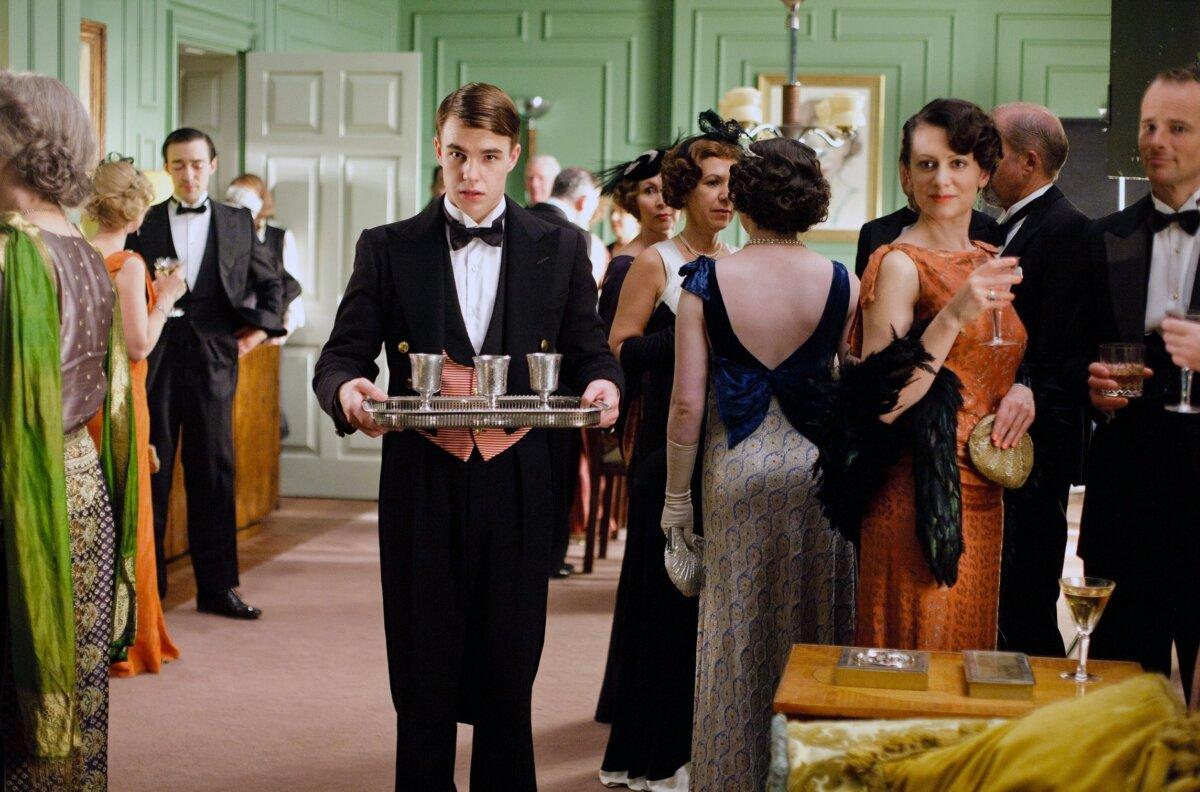In the televised BBC drama about English social classes “Upstairs, Downstairs,” often, the noblest characters are those who faithfully perform their “downstairs” servant roles for “upstairs” people, who are, at times, quite ignoble. Surprisingly and refreshingly, honor and inner nobility do not require pedigree or power. This revelation, like a ray of truth, shines through the fiction.

Nico Mirallegro (C) plays one of the "downstairs" staff in the TV series "Upstairs Downstairs." MovieStillsDB

